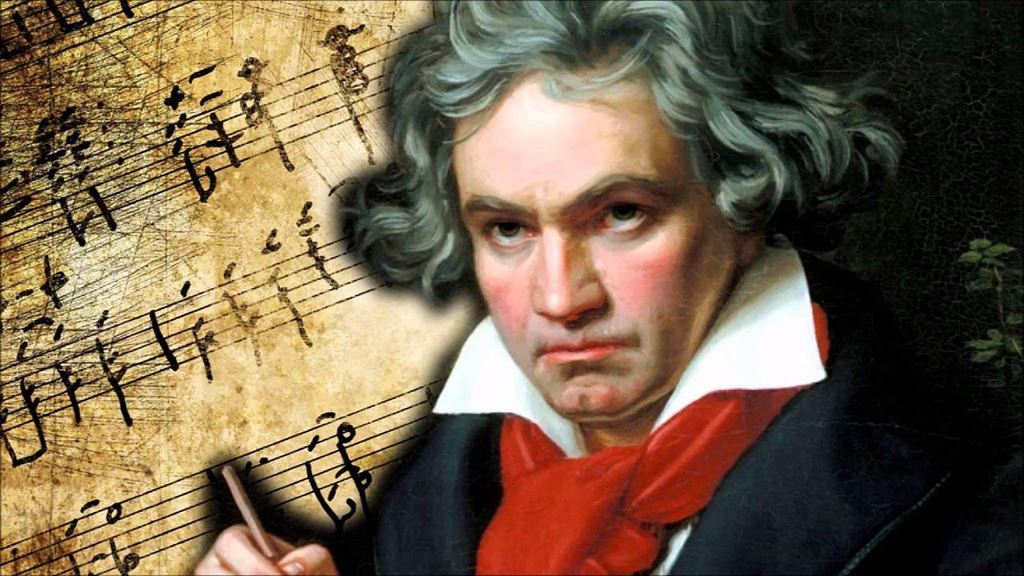priceless-stories.org – Throughout history, certain individuals have demonstrated extraordinary listening abilities that have left lasting impacts on society. “Listening Legends: Stories of Famous Ears” takes a closer look at some remarkable figures whose exceptional listening skills have shaped their legacies and influenced the world around them.
Ludwig van Beethoven: The Composer Who Listened Beyond Sound
Ludwig van Beethoven is perhaps one of the most famous examples of a musician whose ability to “listen” transcended his physical limitations. Despite becoming almost completely deaf in his late 20s, Beethoven continued to compose some of the most celebrated works in classical music. His profound internal listening and understanding of musical theory allowed him to create symphonies that resonate with audiences even today. Beethoven’s story is a testament to the power of listening with the mind and heart, beyond the mere act of hearing.
Helen Keller: Listening Through Silence
Helen Keller, an advocate for the disabled and an author, lost both her sight and hearing at a young age. With the help of her teacher, Anne Sullivan, Keller learned to “listen” through tactile sign language and vibrations. Her remarkable ability to communicate and understand the world through alternative means made her a powerful voice for change and inspiration. Keller’s story illustrates the profound impact of listening through alternative senses and the human capacity to adapt and connect.
Nelson Mandela: The Leader Who Listened to Understand
Nelson Mandela, the former President of South Africa, was renowned for his ability to listen deeply to others, even those who opposed him. During his years of imprisonment and subsequent leadership, Mandela used listening as a tool for reconciliation and understanding. By empathizing with diverse perspectives, he fostered dialogue that paved the way for peace and unity in a divided nation. Mandela’s legacy highlights the power of listening as a means of fostering empathy and driving social change.
Mister Rogers: Listening with Compassion
Fred Rogers, known to millions as Mister Rogers, was a beloved television host who became famous for his gentle and compassionate listening style. On his show, “Mister Rogers’ Neighborhood,” he addressed complex emotions and topics by listening empathetically to children and their concerns. His ability to create a safe space for open expression and understanding endeared him to generations. Mister Rogers’ approach underscores the importance of listening with compassion and kindness.
Conclusion
“Listening Legends: Stories of Famous Ears” celebrates individuals who have harnessed the power of listening to overcome challenges, inspire change, and connect with others. Their stories remind us that listening is not merely a passive act but an active and transformative force that can shape history and touch lives. By learning from these legends, we can cultivate our own listening abilities, creating a more empathetic and connected world.

